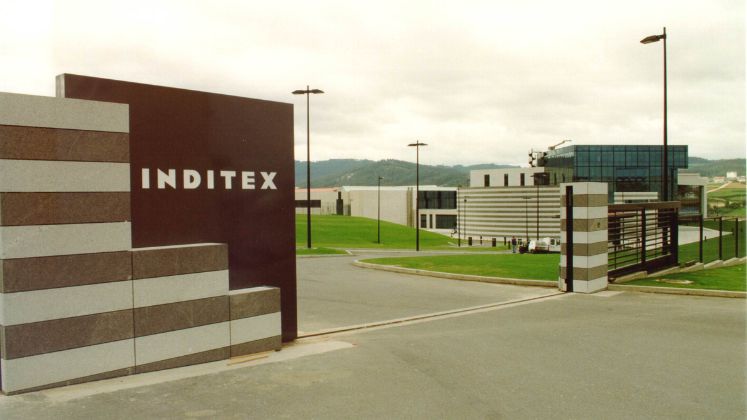
Amid mounting geopolitical risk and the threat of new US tariffs, Spanish fashion giant Inditex is remaining resolutely on the front foot. During its annual general meeting in Arteixo, Galicia, where the group is headquartered, executives announced a comprehensive US $ 1.8 billion investment program with a focus on global growth, operational transformation and long-term sustainability.
Addressing over 4,500 shareholders and proxy representatives—collectively holding nearly 90% of the company’s share capital—CEO Óscar García Maceiras emphasised Inditex’s disciplined, project-based strategy. He said that they are maintaining their direction in the United States, highlighting recent store openings in Los Angeles and Boston, upcoming launches in Las Vegas and North Carolina and a planned flagship in San Francisco.
Chairperson Marta Ortega placed the meeting in the context of a milestone event, as it marked the 50th anniversary of Zara. Looking back on the history of the brand, Ortega praised the grit, teamwork and determination that took Inditex to become a world leader with a presence in 97 countries and online presence across 214 territories.
Ortega reconfirmed Inditex’s aspiration to expand not only in size but in “responsibility, relevance and values,” vowing ongoing attention to customer-driven design, quality and innovation.
The firm achieved an all-time high net profit of US $ 6.38 billion in the year ending January 2025, which rose 9% compared with the previous year and an additional US $ 1.42 billion in net income in the first quarter of 2025. García Maceiras labeled the pace as a combination of “profitable, efficient and responsible growth,” marked by the opening of 257 stores in 47 markets in the previous year.
Looking to the future, the company will extend its technology-infused productivity drive with an investment in Theker, a Spanish technology company leveraging the use of artificial intelligence and robotics to modernise processes. Inditex also will celebrate its 98th market launch in October by opening stores in Iraq.
On sustainability, the CEO reaffirmed the group’s pledge to reduce overall supply chain emissions by over 53% by 2030. To counter concerns on labour practices from shareholders, he provided examples of Inditex’s active promotion of collective bargaining among important sourcing countries such as Cambodia and Bangladesh in order to maintain fair wage levels.






